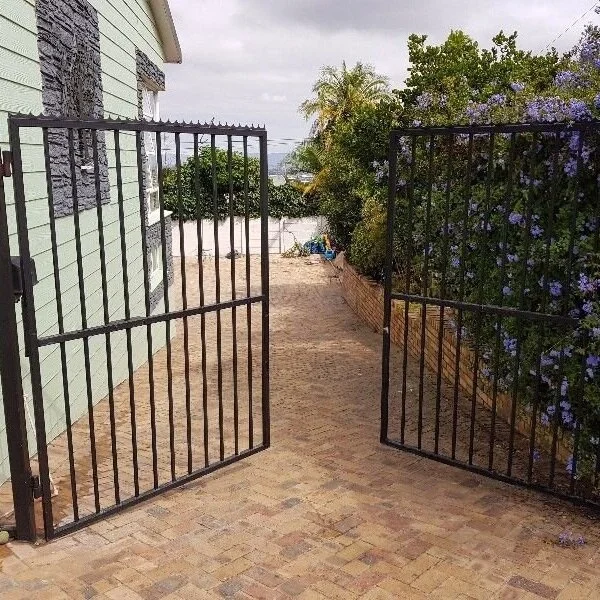Fencing on a Slope: Should a Fence Be Level or Follow the Ground?
Fences provide security and, in some cases, privacy too. They are also a component of the overall landscape and often improve the curb appeal.
The variety of fence styles is overwhelming for many homeowners. That's why it's best to refer to the expertise of a reputable fencing company. But one of the more significant questions when installing fencing on a property is what to do with the slope.
A matter of style
Sloped fences are harder to build. But skilled installers can handle the added difficulty. On uneven land, a sloped fence can increase the overall appeal of the property.
Even in a hillside area, following the contour of the ground is usually an excellent stylistic approach. When building on flat land, the choice is simple.
Terrain considerations
Severe land inclines can make it impossible to level the terrain. This type of scenario will force the installer, or homeowner, to follow the ground with the fence.
In situations where there are smaller inclines, one could level the terrain. It makes the installation process go a lot smoother. It's certainly more convenient than following the natural topography.
But, it doesn't mean that this approach is necessary.
Types of sloped fences
Two styles of fences come to mind when building at an angle:
Contoured fences make for a breathtaking view. They blend in with the local topography. Interestingly enough, a contoured fence is not always ground level. Instead, it follows a line parallel to the ground while offering the same visual effect.
Stepped fences are more common on steeper slopes. The main identifying feature is that every panel is either higher or lower than the others next to it. It reminds one of a flight of stairs. Installation is not as difficult as it sounds since these fences have premade panels. Customizing the fence posts requires additional work and accuracy.
Unlike a contoured fence, a stepped wall can have gaps under its panels. Filling the gaps might take additional time due to the spaces' inconsistency and meeting the aesthetic requirements.
It's situational
Very few properties share the same characteristics. When selecting fences, it's essential to remember the terrain considerations. From a utility standpoint, there aren't any relevant differences between following the ground or not.
But, the angle of the slope can help determine the fastest, most cost-friendly, and attractive type of fencing. Sometimes leveling the terrain can seem appealing. Yet, the extra work and costs might not make sense.
Secure your property
It often comes down to a matter of preference and available budget. Experienced fence installers can secure a property in the roughest terrains. But, the cost increases proportionally with the complexity of the project. Therefore, you should always contact a professional to install your fence.
If you're considering a fence or gate project in the Phoenix area, trust Sereno Custom Fence & Gates. We provide wood fences, block wall fences, iron fences, vinyl fences, chain link fences, composite fences, aluminum fences, temporary fences and custom gates for homeowners in the region. For more information call (602) 481-1298 today!

